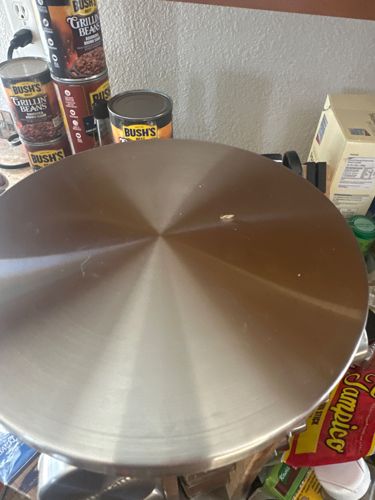Cockroach (likely German Cockroach or American Cockroach based on typical indoor pests)
Scientific Name: Blattella germanica (for German Cockroach) or Periplaneta americana (for American Cockroach)
Order & Family: Blattodea (order), Blattidae or Ectobiidae (family, depending on specific species)
Size: Typically 1/2 to 2 inches (1.3 - 5 cm) long, depending on the species.

Natural Habitat
Warm, humid environments, especially indoors in kitchens, bathrooms, basements, and drains. They prefer dark, secluded areas.
Diet & Feeding
Omnivorous scavengers. They eat almost anything, including food scraps, decaying matter, glue, soap, and even other insects.
Behavior Patterns
Flies when disturbed, but generally crawls. Females deposit eggs in cracks and crevices, which hatch into larvae. Larvae feed and pass through several instars before pupating. Adults are attracted to light and a variety of food sources.
Risks & Benefits
Risks: Can spread bacteria and pathogens, trigger allergies and asthma, contaminate food, and are generally considered pests due to their unsanitary habits. Benefits: In natural ecosystems, they play a role in decomposition.
Identified on: 8/30/2025